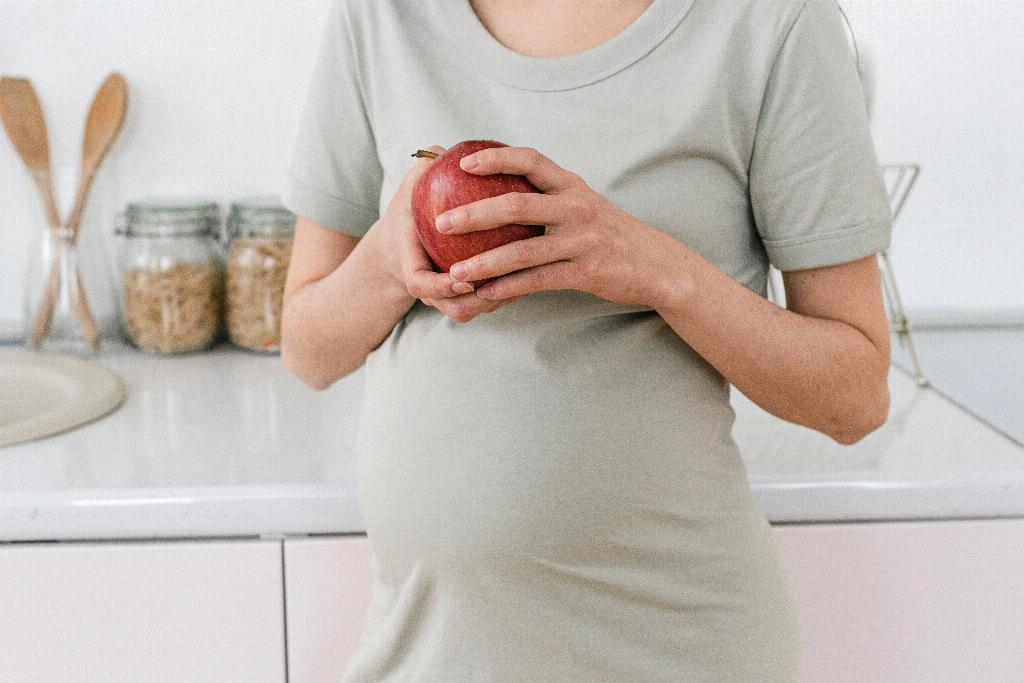Down syndrome is a genetic disorder caused by the presence of an extra copy of chromosome 21. It is one of the most common genetic conditions and is associated with intellectual disability and certain physical characteristics. The risk of having a baby with Down syndrome increases with maternal age, with older women being more likely to have a child with the condition.
The Impact of Maternal Age on Down Syndrome Risk
As women age, the likelihood of having a baby with Down syndrome increases. At 25 years old, the risk is relatively low at 1 in 1,300. However, by the age of 35, the risk jumps to 1 in 365. This risk continues to rise significantly, with women aged 45 facing a 1 in 30 chance of having a baby with Down syndrome. This sharp increase is due to the way eggs mature and the increased likelihood of genetic abnormalities in older eggs.
Factors Influencing Down Syndrome Risk
While maternal age is the most significant factor in determining the risk of Down syndrome, other factors can also come into play. These include family history of genetic conditions, previous pregnancies with chromosomal abnormalities, and certain genetic conditions in the parents.
Genetic Counseling and Screening
For women over 35, genetic counseling and screening are often recommended to assess the risk of chromosomal abnormalities such as Down syndrome. Screening tests such as non-invasive prenatal testing (NIPT) can help detect the presence of genetic conditions in the fetus, providing expectant parents with valuable information to make informed decisions.
Emotional and Practical Considerations
Learning that your baby has Down syndrome can bring about a range of emotions, including shock, sadness, and anxiety. However, it’s essential to remember that individuals with Down syndrome lead fulfilling lives and bring immense joy to their families. Connecting with support groups and seeking guidance from healthcare professionals can help navigate the emotional and practical aspects of raising a child with Down syndrome.
Medical Care and Support
Individuals with Down syndrome may require specialized medical care and interventions to address associated health issues. Regular health check-ups, early intervention programs, and access to educational resources are crucial in supporting the development and well-being of children with Down syndrome.
Empowering Families and Individuals
Empowering families with knowledge, resources, and a supportive community is essential in fostering acceptance and understanding of Down syndrome. Celebrating the unique abilities and contributions of individuals with Down syndrome can help break down stereotypes and promote inclusivity in society.
Conclusion
As maternal age increases, so does the risk of having a baby with Down syndrome. At 45, the chances of having a child with Down syndrome are significantly higher compared to younger ages. While the statistics may seem daunting, it’s important to approach the situation with knowledge, support, and an open heart. Every individual, regardless of chromosomal makeup, has the potential to lead a meaningful and enriching life.

